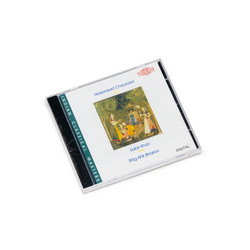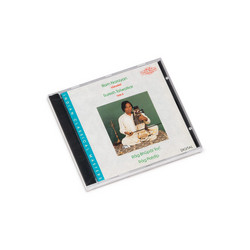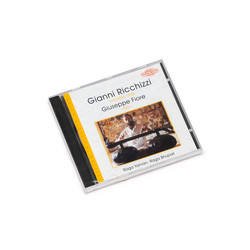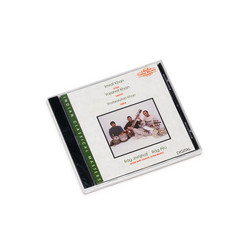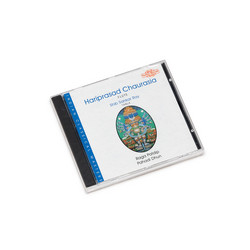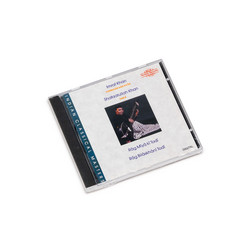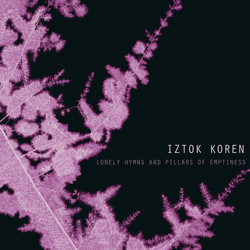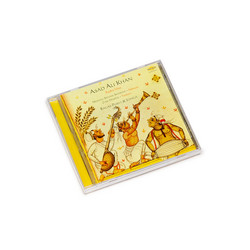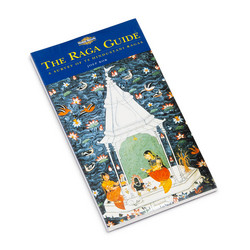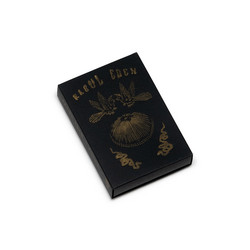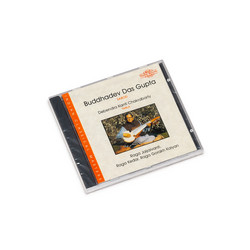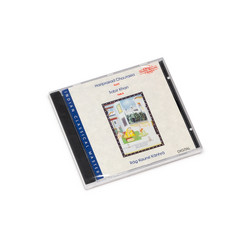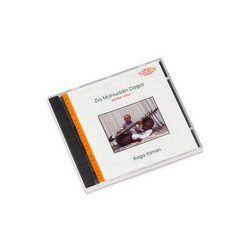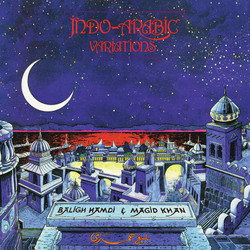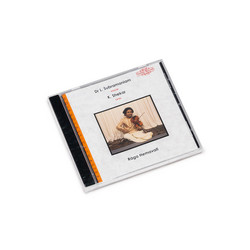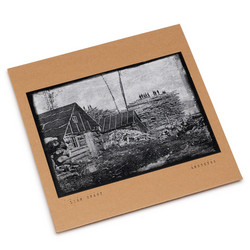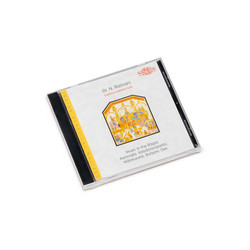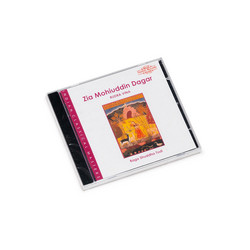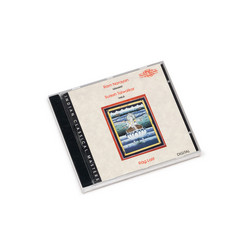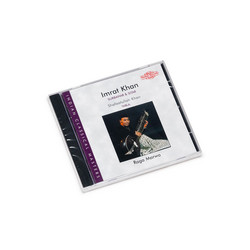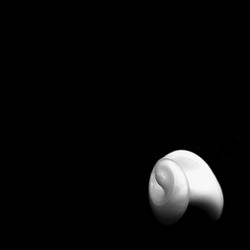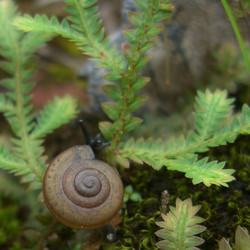Tip! "In ‘re-cycling’ I distilled a true story, into its component parts, and put it back together as the narrative of this album's music. Each track represents one of five elements: a fungus, a bacteria, rocks, water, a tree. These elements come together to create a forest of sound approaches created through sitar and tabla.
The album's title – ‘re-cycling’ – works on several levels. It's a reference to the cycles of life and death, familiar cycles (the water cycle, the rock cycle) and unfamiliar ones: like the beat-cycles of the tabla - the intricate patterns of the 'theka' that keep repeating - both audibly and inaudibly. Furthermore, it's a reference to improvisation in sitar music, risking the possible banality of repeating yourself while always striving to re-order and re-compose something transcendent in each musical moment.
re-cycling: "My friend Nate led me deep into Conkle's hollow. We climbed up above on the bluff, stepped off the trail for a view. I knelt down at the edge of this small cliff and noticed a tiny tree growing, just a couple finger joints high. I looked closer and noticed these tiny pebbles, river-smoothed pebbles, resting in place - yet out of place - under this tiny tree. Puzzled, we got back on the trail. As it meandered up and down above the bluff, like a calm ocean wave, I noticed more little groups of round pebbles - so out of place - yet clearly arranged by nature, not an installation artist. At the end of our journey, an informative sign indicated the source of the pebbles: an ancient, thin yet unique layer of rock called the Berne conglomerate. But what happened to the sandstone gluing those pebbles together? Somehow, that tiny tree, in concert with bacteria and fungi, digested that sandstone and left those pebbles like apple cores after snacktime. Then I realized: we come from rocks. The distinction between animate and inanimate objects misleads us. We are all one."
This album took much longer to conceive, compile, edit, arrange, and mix than any of my previous albums. My priorities and perspectives changed over the course of this project." - J.J. Gregg

